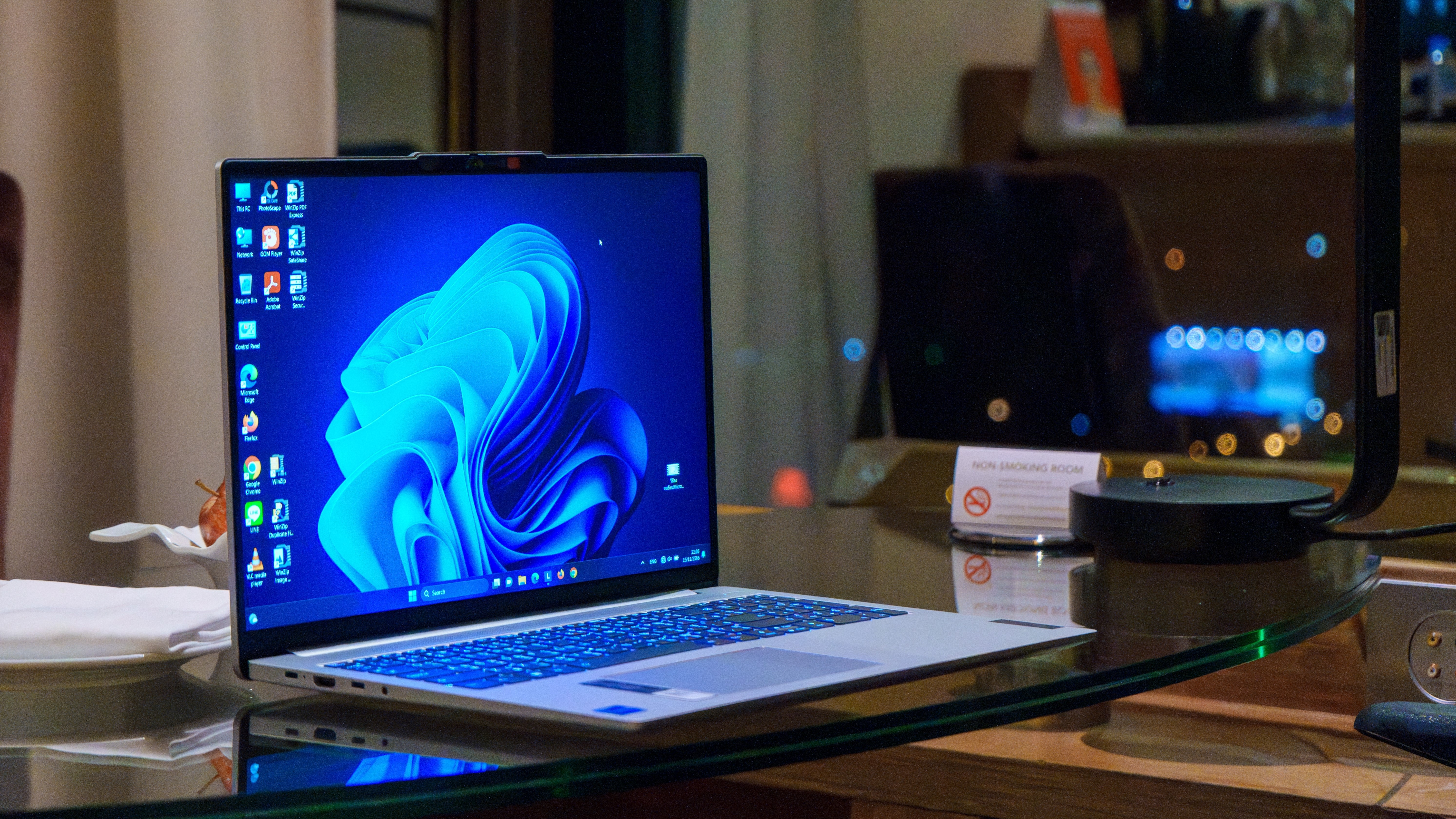Wish your Windows 11 laptop had better battery life? Microsoft is working on a new power-saving trick that could really help
Left your laptop for a while? Windows will be able to tell

- Windows 11 has a new power-saving feature in testing
- It kicks in when you leave your laptop for a period of time
- While you’re away, power management settings ensure a minimal amount of battery is used – and when you return, things instantly return to normal
Windows 11 is set to receive fresh capabilities to preserve the battery life of your laptop with the introduction of a new feature in testing recently.
Windows Latest picked up on this one, with the power-management feature being revealed in a preview build from a couple of weeks back (which the site missed at the time, and I did, too).
Microsoft rather clunkily calls this functionality ‘User Interaction-Aware CPU Power Management’ but to be fair, that does describe how it works.
The idea is that when you leave your laptop to go and do something else, and maybe get distracted, Windows 11 will notice that you’ve gone and are no longer interacting with the device.
In these cases, after a set period of time Windows will apply power-consumption reduction measures to extend battery life, because while you’re not using the laptop, you’re not going to be worried about what that might do to performance (obviously).
When you return to your device and start using it again, Microsoft promises that “full performance [is] instantly restored” as you’d hope.
Analysis: promises and caveats

There’s no downside here, then, at least if what Microsoft is maintaining here is true – that as soon as you come back to use your device, full performance is instantly back at your fingertips. If there’s a bit of lag in terms of responsiveness returning, that might be annoying, depending on how much – but we’ll take Microsoft’s word at face value that this won’t be an issue.
Get daily insight, inspiration and deals in your inbox
Sign up for breaking news, reviews, opinion, top tech deals, and more.
The company does mention one caveat, though, which is that the power savings Windows 11 users benefit from will vary. They’ll depend on the power plan chosen in the OS, and whether your laptop is plugged in, and also processor power-management settings as defined by the manufacturer.
In the latter case, this means there may be factors that the laptop maker has implemented that affect how much battery life the feature can preserve.
If you don’t want this functionality there will seemingly be a way to turn it off, presumably under Windows 11’s power management settings. I can’t see why you wouldn’t want extra battery savings to happen in this way, though, providing the feature works as seamlessly as Microsoft is suggesting.
With this new power-management trickery in testing now, it seems like there’s a good chance it’ll arrive with Windows 11 25H2 later this year. This is an area Microsoft has been working on quite a lot recently, including bringing in the revamped Energy Saver with Windows 11 24H2.
You might also like...
- macOS Tahoe rumored to follow Sequoia – here are 3 things to expect from Apple’s next desktop OS
- Can’t upgrade to Windows 11? This Linux project wants to save your old PC from the scrapheap when Windows 10 support ends
- Been hiding from Windows 11 24H2 due to the fuss about all the bugs? There’s nowhere to run now as Microsoft’s made the update compulsory
Darren is a freelancer writing news and features for TechRadar (and occasionally T3) across a broad range of computing topics including CPUs, GPUs, various other hardware, VPNs, antivirus and more. He has written about tech for the best part of three decades, and writes books in his spare time (his debut novel - 'I Know What You Did Last Supper' - was published by Hachette UK in 2013).
You must confirm your public display name before commenting
Please logout and then login again, you will then be prompted to enter your display name.